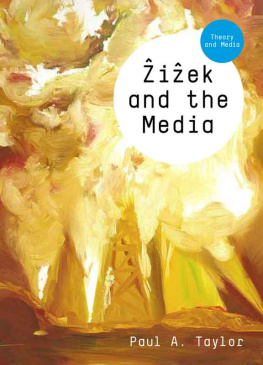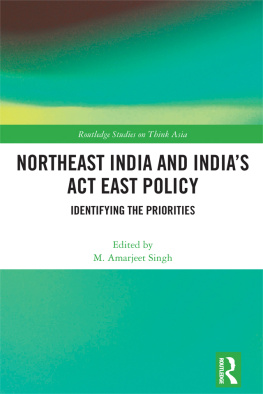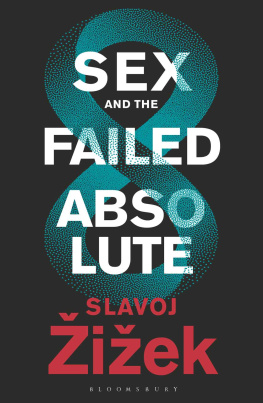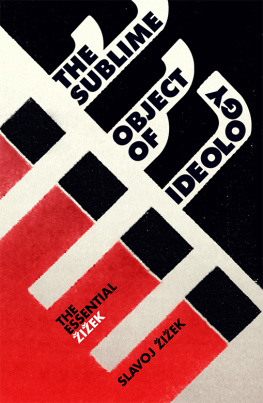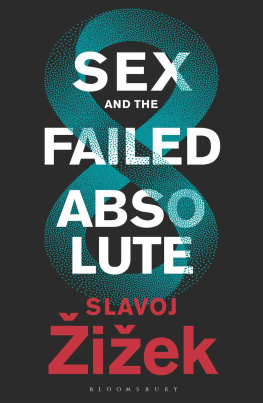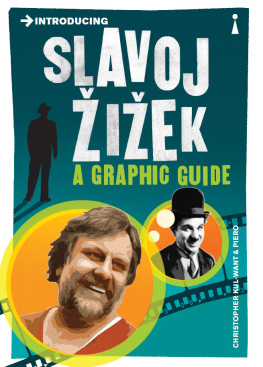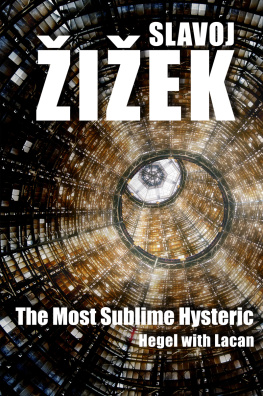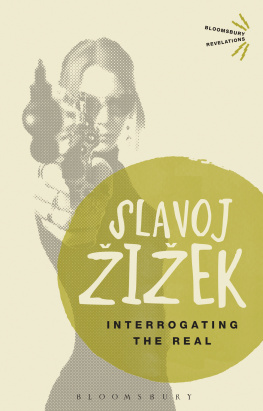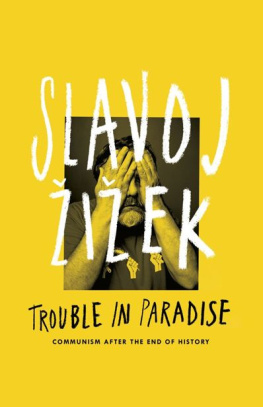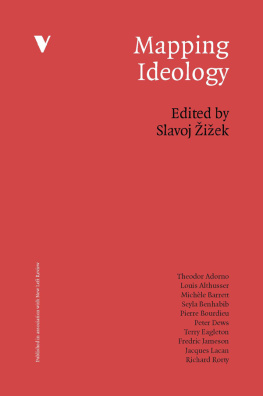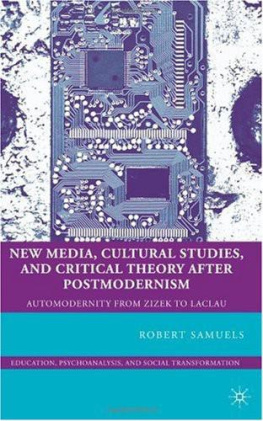IEK AND THE MEDIA
IEK AND THE MEDIA
PAUL A. TAYLOR
polity
Copyright Paul A. Taylor 2010
The right of Paul A. Taylor to be identified as Author of this Work has been asserted in accordance with the UK Copyright, Designs and Patents Act 1988.
First published in 2010 by Polity Press
Polity Press
65 Bridge Street
Cambridge CB2 1UR, UK
Polity Press
350 Main Street
Malden, MA 02148, USA
All rights reserved. Except for the quotation of short passages for the purpose of criticism and review, no part of this publication may be reproduced, stored in a retrieval system, or transmitted, in any form or by any means, electronic, mechanical, photocopying, recording or otherwise, without the prior permission of the publisher.
ISBN-13: 978-0-7456-5861-2
A catalogue record for this book is available from the British Library.
Typeset in 10.75 on 14 pt Janson
by Servis Filmsetting Ltd, Stockport, Cheshire
Printed and bound in Great Britain by MPG Books Group Limited,
Bodmin, Cornwall
The publisher has used its best endeavours to ensure that the URLs for external websites referred to in this book are correct and active at the time of going to press. However, the publisher has no responsibility for the websites and can make no guarantee that a site will remain live or that the content is or will remain appropriate.
Every effort has been made to trace all copyright holders, but if any have been inadvertently overlooked the publisher will be pleased to include any necessary credits in any subsequent reprint or edition.
For further information on Polity, visit our website: www.politybooks.com
CONTENTS
The unrealistic sound of these propositions is indicative, not of their utopian character, but of the strength of the forces which prevent their realization. (Herbert Marcuse, One Dimensional Man)
If Id known, said one of my patients, Id have wet the bed more than twice a week. (Jacques Lacan, My Teaching)
PREFACE
The Dogs Bollocks at the Media Dinner Party
The following joke is not one that iek has used, but it nevertheless vividly encapsulates the paradoxically serious end of his frequently comic means. In the middle of a vibrant middle-class dinner party, the hosts old flatulent dog staggers into the dining room, flops down, and promptly begins to enthusiastically lick its scrotum in full view of the now suddenly quiet guests. To ease the unbearable sense of embarrassment that descends upon the party, a male guest says, I wish I could do that. This produces a round of cathartic tittering but only until the hostess adds tartly, If you give him a biscuit, you can. In this joke, the dog represents the obscene underside of any nominally civilized occasion. Behind the veneer of expensive clothes/wine/food and polite etiquette lurks the crude reality of bodily gases and sexual organs that the social mores and unobtrusive background ideologies governing our lives are designed to cover up. To apply this setting to todays mediascape, the guests quip of I wish I could do that is the socially acceptable level of humour/ideology that conventionally serves to defuse otherwise disturbing situations. It provides discourses equivalent of a lightning rod to maintain decorum, an attempt is made to channel away a disruptive intrusion. By contrast, the hostess ups the traumatic ante. She extrapolates upon the guests interjection to undermine his attempt to defuse the situation. As an analyst of the media, iek plays the role of the hostess. The acuity of his media analysis is reinforced by the surprise-effects achieved from mixing learned psychoanalytical and philosophical insight with filthy humour. iek makes us confront the true nature of those traumatic issues we were aware of all along, but have found ever more sophisticated ways to avoid thinking about.
ieks unique mode of uncovering the medias hidden political ideology is demonstrated by two testicular jokes he does use (slightly adapted for current purposes see Plague: 46; and Tragedy: 7). The first is set in an Eastern European bar in which a gypsy violin player is moving between tables, singing. A customer is drinking whisky at the bar when, suddenly, a monkey jumps up, dances towards him, washes his testicles in the whisky glass, and then dances away again. The furious customer asks the bartender why the monkey did this, only to be told that he should ask the gypsy, who knows everything. When asked, Do you know why the monkey just washed his balls in my glass? the gypsy replies, Of, course, and proceeds to sing a dirge, Why the monkey just washed his balls in my glass. / Its a mystery, at least it wasnt his The second, much more perturbing joke is that of a medieval Russian peasant who, whilst travelling with his wife on a country road, is waylaid by a Tatar horseman who rapes his wife. To add insult to this injury, the horseman demands that his testicles are held by the peasant during the assault in order to keep them clear of the dusty road. Once the horseman has finally ridden away, the traumatized peasants wife ). A failure to see beyond the jokes offensive content, however, results in a blindness to the profound significance of the combined form/content effect of the joke-work.
These two jokes stage two diametrically opposed responses to political events those of the conservative knave and the left-wing fool. The fool voices opposition, but in such a fashion that the real effect of those opinions is to reinforce the very system he purportedly wants to undercut. For example, the making of unrealistic demands within a democracy enables politicians to claim that the very fact that even radical dissenters are allowed a voice serves to demonstrate democracys strength. The practical fact that the political system will never allow such radicality to go beyond the merely symbolic tends to get lost in the aura of democratic noblesse oblige. By contrast, the conservative knave describes the conformist right-wing thinker who cynically applies her intellect to justifying tautologically the current system because of its de facto status as the existing system (the sentiment contained within such statements as democracy is the worst political system apart, that is, from all the alternatives). The gypsy violinist plays the role of the knave. He takes a substantive question about a real problem (the presence of monkey testicles in a whisky glass) and sublimates the problem into a song. A practical issue that needs confronting and solving is turned into an intractable problem the mysterious workings of implacable fate. The rape story portrays the role of the left-wing fool. In the context of Really Existing Socialism: This sad joke reveals the predicament of the dissidents: they thought they were dealing serious blows to the party nomenklatura, but all they were doing was slightly soiling the nomenklaturas testicles, while the ruling elite carried on raping the people (Tragedy: 7).
This deluded sense of holding power accurately describes those who think they are dealing serious blows to Really Existing Capitalisms own nomenklatura. Even at its most critical, the media commentariat who purport to hold power to account are increasingly difficult to distinguish from the corporate apparatchiks. Opposing such accommodationist tendencies, iekian analysis exposes the cynicism of a Western media system in which natural disasters like Haitis recent earthquake (the monkeys testicles in the whisky glass) are transformed into the lachrymose sentimentality of a Simon Cowell-produced Everybody Hurts (the gypsys song) by a music industry moonlighting as a philanthropic agency. Unlike the holy fool and the cynical knave, iek encourages us to look awry
Next page
